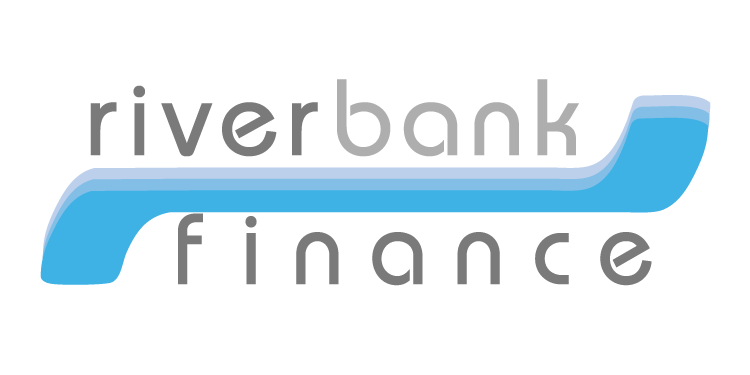
Ready to stop wasting money on rent and invest in your own home? As a first-time home buyer, the process may seem overwhelming. Here are three rules for first-time home buyers and a basic run-down of everything you need to know to buy your first home.
Get your finances in order
First and foremost, you need to get your finances in order to qualify for a mortgage. You don’t have to have perfect credit in order to get a mortgage, but most loans do have minimum credit score requirements. So it’s not a bad idea to clean up your credit as best as you can.
When lenders consider you for a mortgage, they want to see that your finances are consistent. Keep these things in mind when applying for a mortgage:
- Don’t quit or change your job
- Don’t make any major purchases, such as furniture, jewelry, or vehicles
- Check with your mortgage officer before you move or withdraw any large amounts of money from your accounts
- Check with your mortgage officer to find out whether you should pay off your debts or collections
- Don’t use cash for a good-faith deposit, because it’s hard to track
- Don’t have your credit report pulled too many times, because it can hurt your credit score
Before you get a mortgage, you’ll also have to get all of your documentation in order, including two years of W2 statements, tax returns (if commission or self-employed), 2 months of bank statements, drivers license and social security card. When you apply for the loan, you’ll need to provide all of the documentation to the lender within 24 hours, otherwise your loan closing could be delayed.
Understand your mortgage options
When you talk with a loan officer, he or she can help you navigate all of the available mortgage options. In the past, 20% down payments were required, but programs are available that can help first-time home buyers put down as little as 1% on a 15 or 30-year fixed loan with a low interest rate and no Private Mortgage Insurance (PMI).
Riverbank Finance offers low and no-down payment loans, including government programs, such as the FHA loan, VA loans, and USDA Rural Development home loan. Riverbank also offers a 1% Down Conventional Mortgage, where the borrower only needs a 1% down payment and the lender contributes 2% to give the borrower 3% equity upon closing.
Be ready to close on the house
Knowing the home buying process can help you be prepared so you can close on the house without delays. After you’ve submitted all of your documentation and your mortgage is approved, you can begin home inspections and the home appraisal. The home appraisal typically costs between $400 and $600, which you’ll have to pay with a credit or debit card before closing.
Once the house is inspected and appraised, you can schedule the closing with your Realtor and the seller. Your loan officer and the title company will work together to finalize the closing costs. Closing costs typically run between 2 and 5 percent of the total price of the home you’re buying. If you are short on funds ask your loan officer about solutions to have your closing costs paid for you. From the application to closing, the process averages between 30 and 60 days (although Riverbank Finance may be able to close in under 2 weeks), and then you’ll get the keys to your new home.
From start to finish, Riverbank Finance can help you purchase your first home. Contact us at (800) 555-2098 to schedule a consultation with one of our loan officers.

 800-555-2098
800-555-2098

